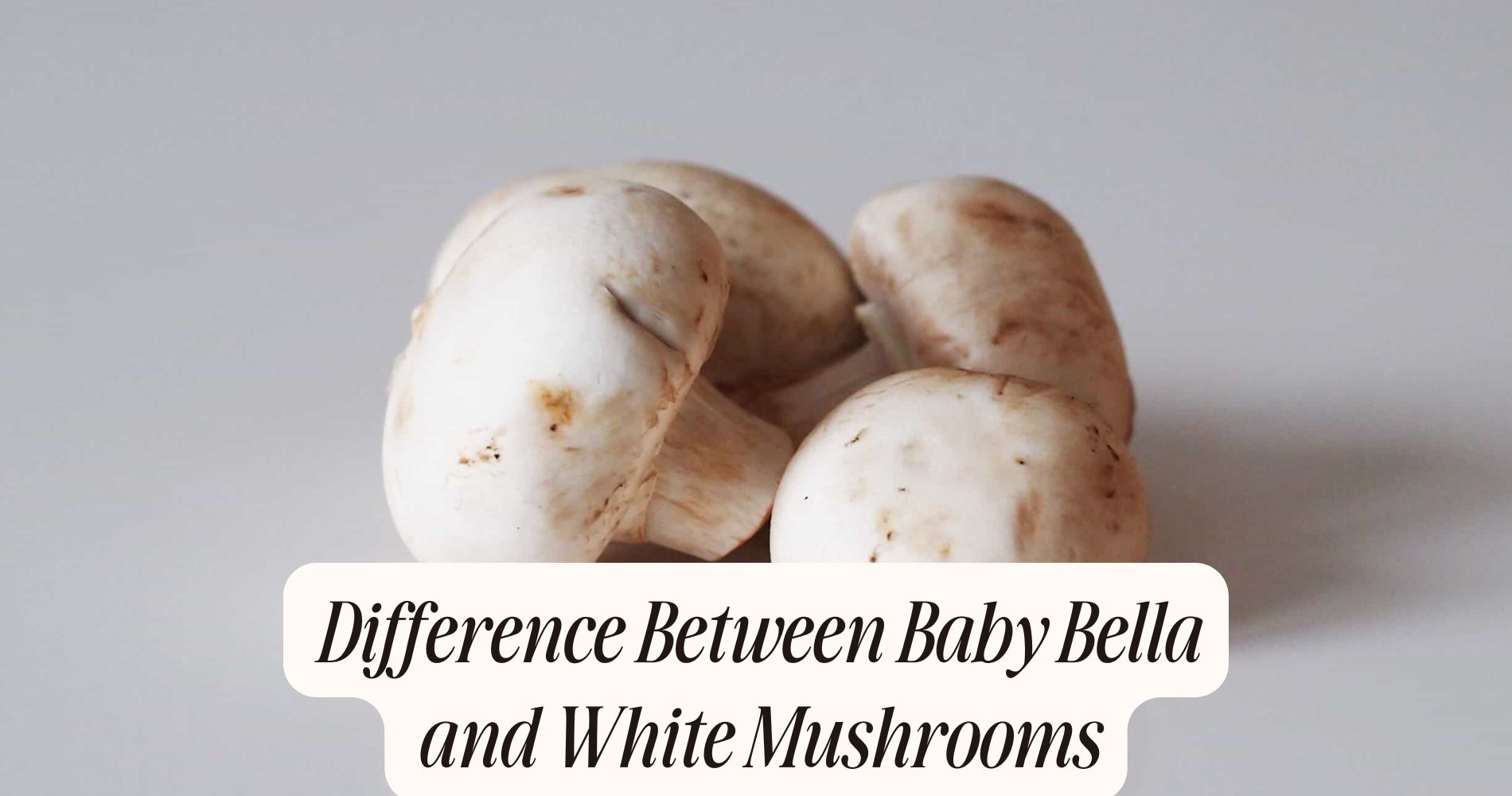
Mushrooms Good for Gout? What the Science Says
If you're wondering whether mushrooms are good for gout, the answer lies in moderation and choosing the right varieties. Cultivated types like white button and cremini mushrooms are relatively low in purines compared to red meats or shellfish, making them a safer option for gout sufferers. Research suggests these mushrooms are unlikely to significantly raise uric acid levels when eaten in controlled portions. Plus, they offer antioxidants and essential nutrients that support overall health. Read on for smart ways to include mushrooms in a gout-friendly diet.
Understanding Gout and Its Triggers
Although gout may seem mysterious at first, understanding its causes can help you manage it more effectively. Gout is a type of arthritis that leads to sudden, painful joint inflammation. You're more likely to experience gout if you have certain risk factors, such as genetics, obesity, or chronic health conditions.
The food you eat also plays a major role in triggering flares. Not all foods affect gout equally—some, like red meat and certain seafood, are common culprits.
When you explore mushroom cultivation and consider adding different culinary varieties to your meals, it’s important to recognize that not all mushrooms will impact gout in the same way. Learning which foods can trigger your symptoms, and which ones are safer, empowers you to make informed choices for better gout management.
Purines and Uric Acid: The Key Connection
Understanding which foods are more likely to trigger gout means looking closely at purines—the natural compounds found in many foods. When your body breaks down purines, it produces uric acid. If uric acid builds up, it can form painful crystals in your joints, leading to gout attacks.
That’s why it’s important to be mindful of foods high in purine content. While meats and certain seafoods are known for high purines, vegetables—including mushrooms—tend to have lower levels.

You might also hear about mushroom antioxidants, which can offer health benefits. Still, when managing gout, your main focus should be on moderating overall purine intake.
Being informed about purine content helps you make practical choices, especially if you’re considering adding mushrooms to your diet.
Mushroom Nutrition: What’s Inside?
So, what exactly do you get when you add mushrooms to your plate? You’re looking at a low-calorie food packed with important fungal nutrients. Mushrooms provide B vitamins, such as riboflavin and niacin, which support your metabolism and help your body function smoothly.
They’re also a good source of minerals like selenium, potassium, and copper—essential for nerve, muscle, and immune health. What sets mushrooms apart is their unique mushroom antioxidants, including ergothioneine and glutathione, which help protect your cells from oxidative stress.
These antioxidants may offer additional health benefits beyond basic nutrition. If you’re aiming for a balanced diet, mushrooms can be a smart addition, offering a mix of nutrients without excess calories or fat. Just remember: preparation matters for nutrition.
How Mushrooms Affect Uric Acid Levels
While you might wonder if eating mushrooms could raise your uric acid levels, research suggests that most common varieties are relatively low in purines—the compounds that your body breaks down into uric acid.
For most people with gout, moderate mushroom consumption doesn’t markedly impact uric acid levels. However, you should avoid wild mushrooms, as some may contain mushroom toxins that can cause other health issues unrelated to uric acid.

Modern mushroom cultivation practices focus on growing safe, edible types like white button, cremini, and shiitake, which are considered safe for those watching their uric acid.
If you have gout, it’s still wise to monitor your body’s response to mushrooms and maintain a balanced diet. Always consult your healthcare provider for personalized advice.
Comparing Mushrooms to Other Common Foods
Although mushrooms sometimes draw concern for those managing gout, their purine content is much lower than that of many common foods, such as red meats, organ meats, and certain seafood.
If you compare common mushroom varieties—like white button, cremini, and portobello—to foods like beef, sardines, or liver, you’ll find mushrooms have only moderate purine levels. That means you can enjoy their culinary uses with less worry about triggering gout attacks than you might with higher-purine foods.
Scientific studies back this up, showing mushrooms rarely cause sharp increases in uric acid. Instead of avoiding mushrooms altogether, you can focus on limiting more problematic foods.
Tips for Including Mushrooms in a Gout-Friendly Diet
If you want to include mushrooms in your gout-friendly diet, focus on portion size and preparation methods to minimize any potential risk. Stick to moderate servings—about half a cup of cooked mushrooms per meal—to keep purine intake in check.
Choose lower-purine mushroom varieties, like white button or cremini, which generally have less impact on uric acid levels compared to some wild mushrooms.

When it comes to mushroom cooking, opt for steaming, grilling, or sautéing with minimal oil instead of heavy sauces or deep-frying, as lighter methods help maintain nutritional value and lower fat content.
Pair mushrooms with plenty of vegetables and whole grains to create balanced meals.
Always monitor your symptoms and consult your healthcare provider to tailor mushroom intake to your personal needs.
Your Daily Dose of Wellness, Simplified
Looking for an easy way to enjoy the benefits of 10 powerful mushrooms without changing your diet? Try SUPER MUSHROOM GUMMIES by Well Gummies. These vegan-friendly chewables blend Lion's Mane, Reishi, Chaga, Cordyceps, and more into one delicious wild berry-flavored gummy—offering immune support, sharper focus, and calm energy with no jitters or crash. Convenient, effective, and as enjoyable as your favorite candy, it’s the smartest way to support a balanced body and mind every day.
Frequently Asked Questions
Are There Any Mushroom Supplements That Help With Gout Management?
You might find mushroom supplementation in some gout herbal remedies, but current research doesn’t strongly support their effectiveness for gout management. Always consult your doctor before trying supplements, as evidence remains limited and individual reactions can vary.
Can Mushroom Allergies Worsen Gout Symptoms?
If you have a mushroom allergy, you won’t directly trigger gout flare ups from the allergy itself. However, allergic reactions can stress your body, potentially worsening inflammation and possibly making gout symptoms feel more intense.
Do Cooking Methods Change Mushrooms’ Impact on Gout?
When you use different cooking methods, you can affect mushrooms’ nutrient retention and purine content. While boiling may reduce purines slightly, evidence suggests cooking methods don’t drastically change mushrooms’ impact on gout. Moderation and variety matter most.
Are Certain Mushroom Species Better for Gout Than Others?
When you compare mushroom varieties, some species may have lower purine content, which could make them a slightly better choice for gout. Check reliable sources for species comparison, and consult your healthcare provider before changing your diet.
Can Mushrooms Interact With Gout Medications?
You should know mushrooms rarely interact with gout medications directly, but always watch for mushroom toxicity and fungal infections, especially if your immune system's compromised. Check with your doctor to confirm your medications remain safe and effective.
Conclusion
If you enjoy mushrooms and have gout, you don’t have to avoid them completely. Science shows mushrooms contain moderate purine levels, but they’re much lower than red meats or certain seafood. Eating them in reasonable portions is unlikely to trigger attacks for most people. Just keep your overall purine intake in check, stay hydrated, and focus on a balanced diet. If you notice symptoms after eating mushrooms, talk to your doctor about what’s best for you.




